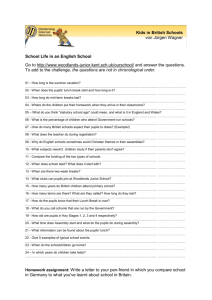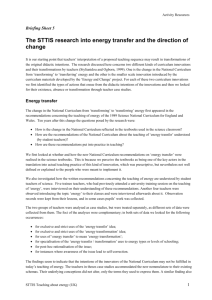Abstract
advertisement
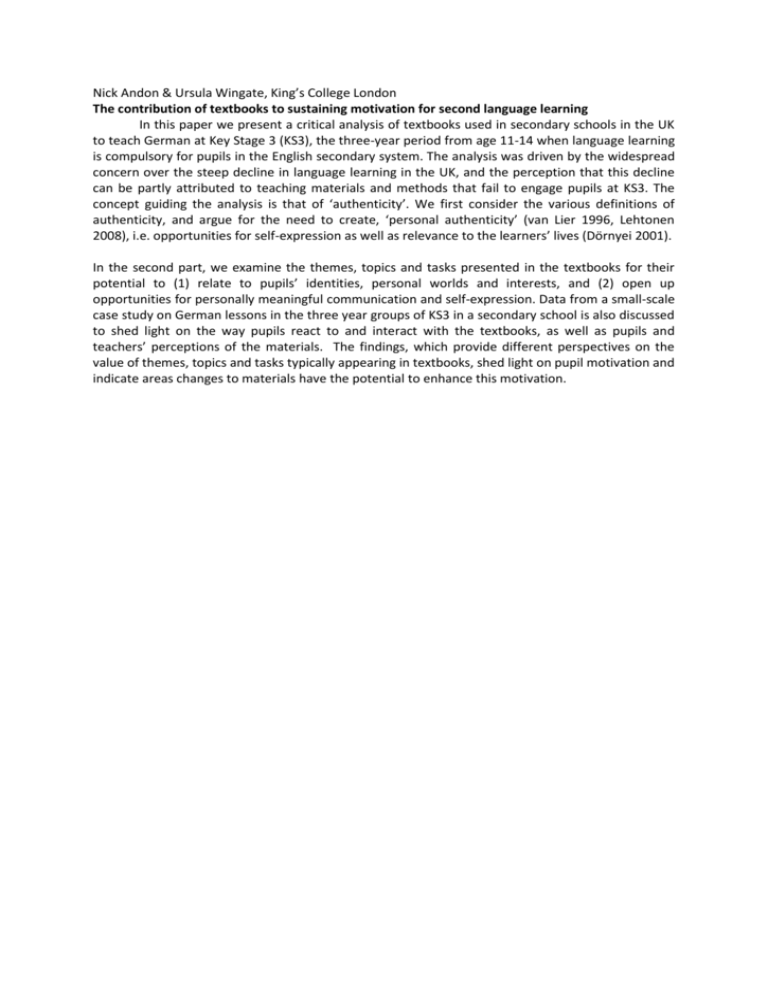
Nick Andon & Ursula Wingate, King’s College London The contribution of textbooks to sustaining motivation for second language learning In this paper we present a critical analysis of textbooks used in secondary schools in the UK to teach German at Key Stage 3 (KS3), the three-year period from age 11-14 when language learning is compulsory for pupils in the English secondary system. The analysis was driven by the widespread concern over the steep decline in language learning in the UK, and the perception that this decline can be partly attributed to teaching materials and methods that fail to engage pupils at KS3. The concept guiding the analysis is that of ‘authenticity’. We first consider the various definitions of authenticity, and argue for the need to create, ‘personal authenticity’ (van Lier 1996, Lehtonen 2008), i.e. opportunities for self-expression as well as relevance to the learners’ lives (Dörnyei 2001). In the second part, we examine the themes, topics and tasks presented in the textbooks for their potential to (1) relate to pupils’ identities, personal worlds and interests, and (2) open up opportunities for personally meaningful communication and self-expression. Data from a small-scale case study on German lessons in the three year groups of KS3 in a secondary school is also discussed to shed light on the way pupils react to and interact with the textbooks, as well as pupils and teachers’ perceptions of the materials. The findings, which provide different perspectives on the value of themes, topics and tasks typically appearing in textbooks, shed light on pupil motivation and indicate areas changes to materials have the potential to enhance this motivation.
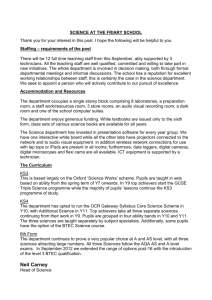

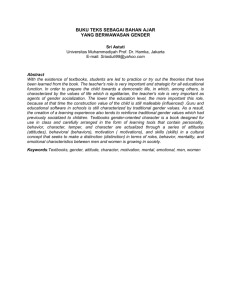
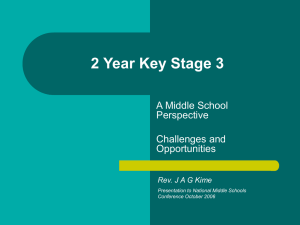
![afl_mat[1]](http://s2.studylib.net/store/data/005387843_1-8371eaaba182de7da429cb4369cd28fc-300x300.png)





